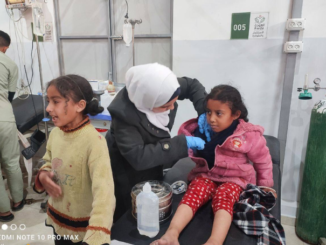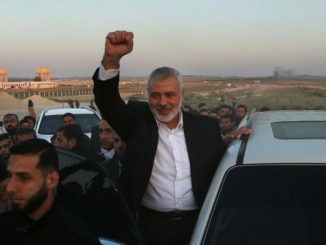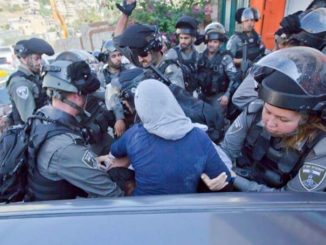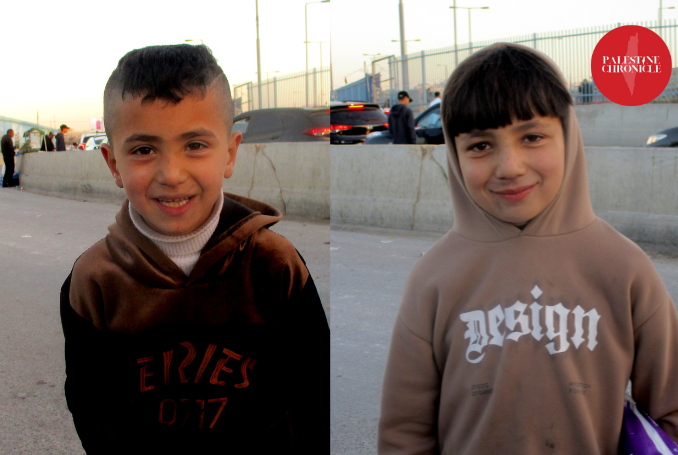
Life under occupation is a daily battle against dehumanization, but amidst the oppression, the resilience of Palestinian children tells a story of unyielding hope.
At the entrance of the Israeli military checkpoint in Qalandiya, I stood silently, observing from a distance the bustling activity that epitomizes the daily oppression of life under occupation. The scene was chaotic yet familiar—a harsh reality marked by the relentless enforcement of authority.
Suddenly, a policeman waved his arms at me, his mouth opening and closing in a silent rebuke. He stood far enough away that I couldn’t hear his words, but his body language spoke volumes.
When I didn’t respond to his gesturing, he stormed toward me, shouting threats, his tone dripping with disdain. His tirade ended with an abrupt order: “Go on, get out of here. Go to your pals.”
So, I did.
I walked to the children and boys who have become my companions—the ones who break my heart with their innocence and their struggle. I sat beside a small fire, the warmth and the scent of roasting corn offering fleeting comfort in the bitter cold. Surrounded by children with weary eyes and smiles that belied their harsh realities, I found solace in their presence. My pals.
Yet, even in this moment of quiet connection, I was haunted by images from Gaza: children starving to death, freezing in the unforgiving winter, and falling victim to relentless violence. Compared to them, the plight of “my pals” seemed less dire. But there is no justification—none—for children, some not yet ten years old, to endure poverty, hunger, and the constant shadow of violence.
On my way back, I approached an ambulance. It stood waiting for its counterpart to carry out a grim occupation procedure—transferring human cargo, back-to-back, across the checkpoint. Before I could reach it, the same policeman intercepted me. His rifle slung over his shoulder, he barked orders with the same venom as before. “Go on!” he yelled. “Only I speak, not you!”
Turning to his subordinate, a woman who stood silently beside him, he sneered, “Then she’ll tell the media we did this and that.”
His threats and belligerence echoed the rhetoric of far-right Israeli politicians like Itamar Ben Gvir. His every word, every movement, seemed to embody the ideology of oppression and dehumanization. Fascism, I thought, has consumed compassion and decency.
The checkpoint is a microcosm of a broader system of control—one that strips away humanity, silences dissent, and reduces children to mere statistics in a cruel game of power. Yet, even amidst this harsh reality, the resilience of the children shines through. Their laughter around the corn vat, their playful gestures despite the cold, remind me of the unyielding spirit that survives even under the weight of occupation.
As I walked away, I carried with me their faces, their stories, and their unspoken plea for justice.
(The Palestine Chronicle)
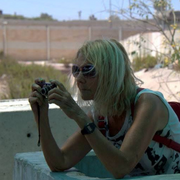
– As a member of Machsomwatch, Tamar Fleishman documents events at Israeli military checkpoints between Jerusalem and Ramallah. Her reports, photos and videos can be found on the organization’s website: www.machsomwatch.org. She is also a member of the ‘Coalition of Women for Peace’ and a volunteer in ‘Breaking the Silence’. Tamar Fleishman is The Palestine Chronicle correspondent at the Qalandiya checkpoint.

